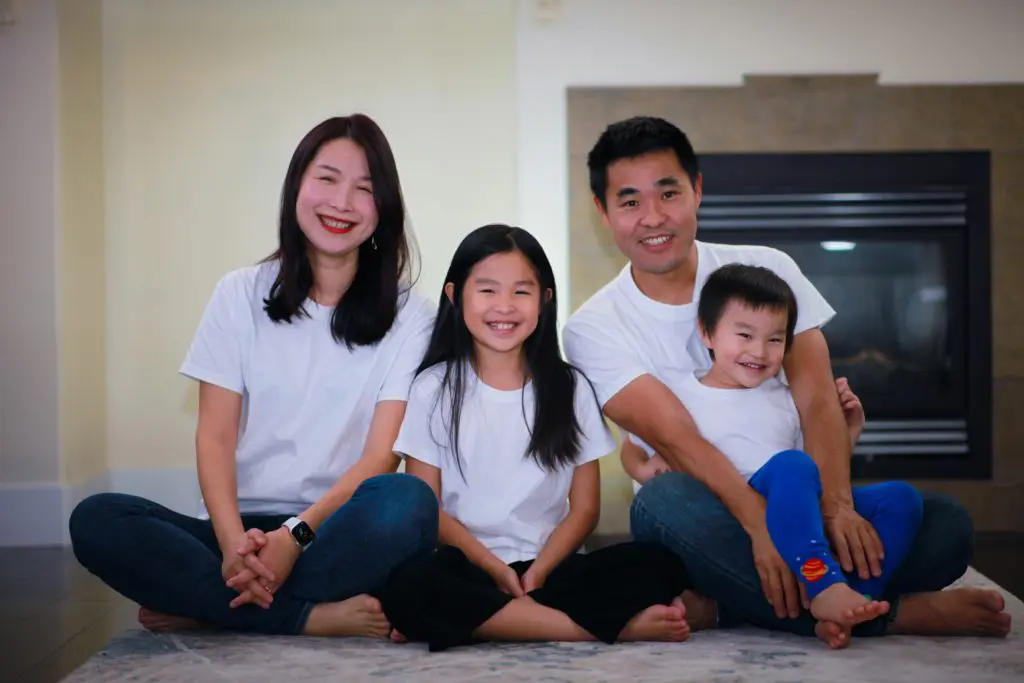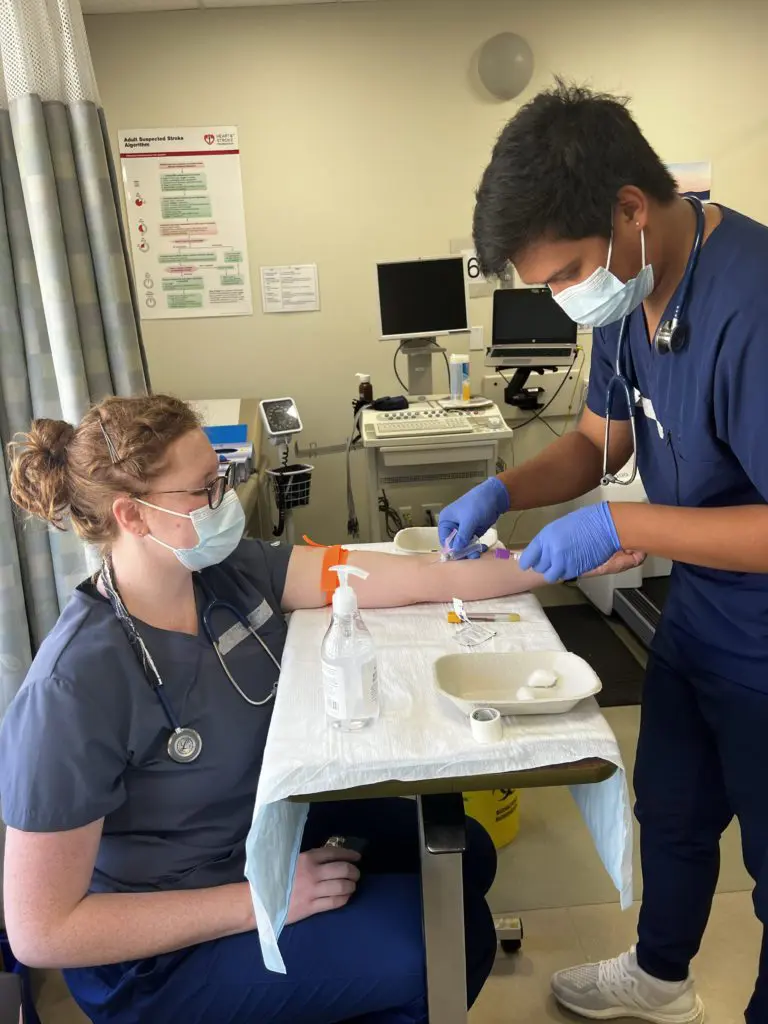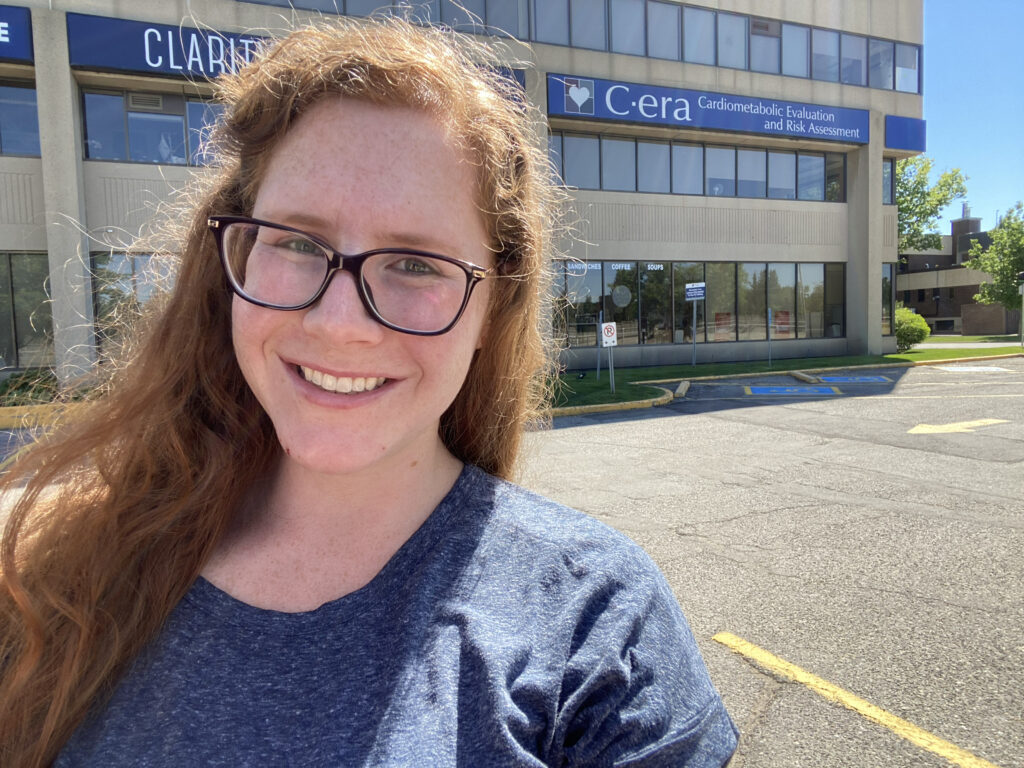My first IOE (Integrated observational experience) day was during the week of cardiac instrumentation where we were learning about different ECG leads, placement of leads, and how ECGs work. I was lucky enough to have my IOE at my local hospital the QEII here in Halifax which was my first choice out of the 5 preferences I had to give. I was looking forward to this day months before it happened and was prepared with scrubs, sneakers, and a notepad for notes. A few days before my IOE my excitement changed to nervousness; I kept asking myself – Am I prepared? Am I going to remember the theory I have been learning? Am I going to understand what I am observing? – Which resulted in me reviewing and cramming information in my head the night before. All worries disappeared once I arrived on site and met the cardio techs including 2 of my teachers from Stenberg who work at the QEII, Jennifer and Paulina. The cardio tech that showed me around that day was named Lisa who was amazing, funny, and took her time to explain things I didn’t understand.
I spent most of my day in the cardiac clinic where I observed various types of ECGs, prepping patients for stress testing, setting up and taking off holsters, and learned about the loop lab. I understood lead placements and how leads worked from cardiac instrumentation but I was clueless when it came to reading an ECG. Lisa taught me a lot of things about interpreting ECGs and I felt like I advanced in 3 months of schoolwork in just one day. I learned that each ECG lead gives a different view of the heart which would allow you to understand potential issues with the coronary arteries if you knew which artery fed that part of the heart. I also learned about how our heart rhythm can change with breathing, and now important it is to watch out for serious heart arrhythmias such as atrial fibrillation. I took in so much new information in just one day but I also realized there were topics I wanted to review because I knew it would benefit me for my next course.
In between patients I learned a lot about what roles a cardio tech has at a hospital. I recognized how ‘paperwork’ is such a crucial part of the job because if one piece is misplaced it can result in a patient being missed or results being lost. I got to interact with other medical professionals which showed me how cardio techs really are a part of the diagnostic team. Lisa also talked to me about what cardio techs can and are expected to do here in Nova Scotia versus some cardio jobs out west. Each province has different expectations and employment offers for registered cardio techs.
To end the day I got the opportunity to observe ECGs on admitted patients and emergency patients which was such an eye opener. Prior to my IOE day I was so worried about knowing the theory I forgot how important obtaining a professional relationship with your patient is. Some patients you will work with have negative feelings towards hospitals and may be cranky, scared or nervous. I observed patients with very serious life threatening health issues who were scared and also patients who were cranky and simply did not want to be there. One very important thing to remember is we are all just human and sharing a smile, introducing yourself to your patient, and asking them questions about their day and their health is very important. I left the hospital that day happier than ever knowing this career is what I wanted to do for the rest of my life and couldn’t wait to learn more.
Check out a video of our cardio tech students in action.



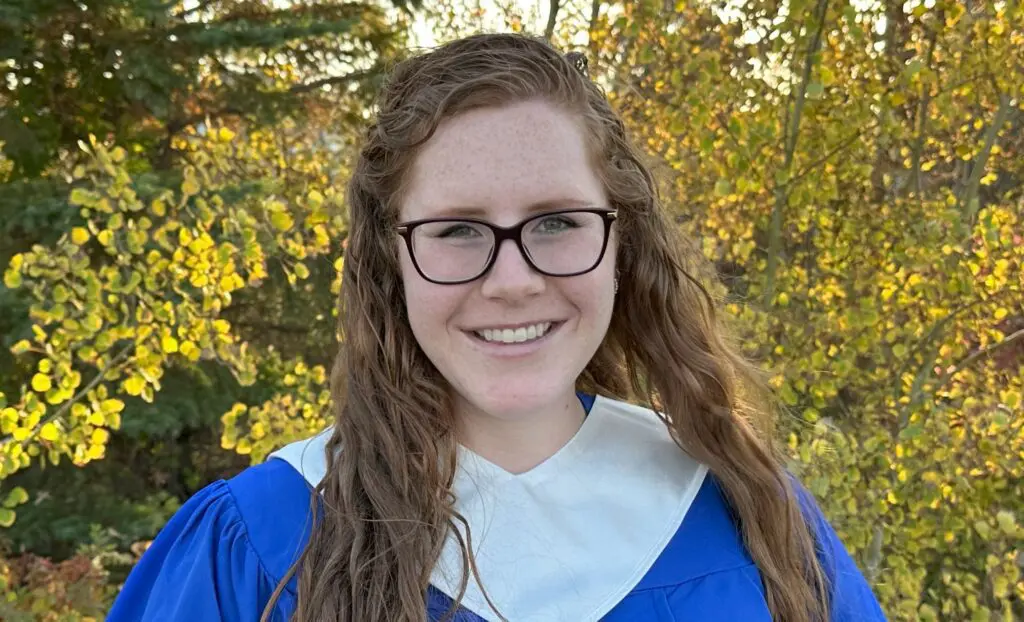

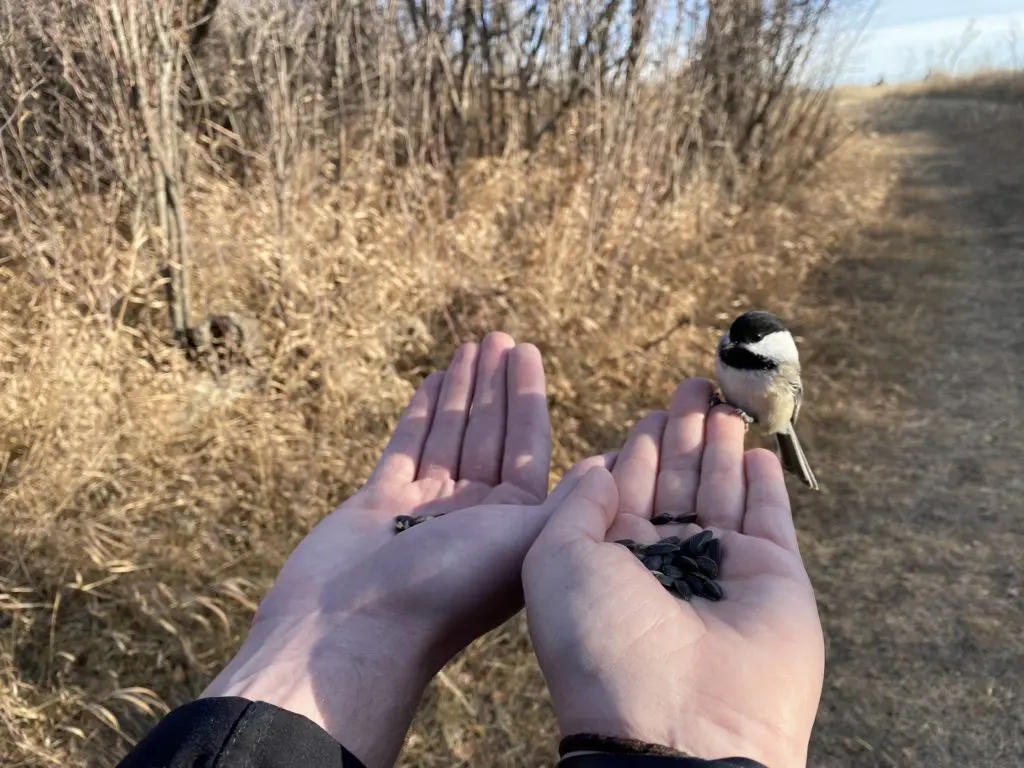
![An ECG demonstrates the extensive antero-septal-lateral myocardial infarction [heart attack] that Taryn witnessed.](https://stenbergcollege.com/wp-content/smush-webp/2022/12/ecg-1024x530.jpg.webp)
